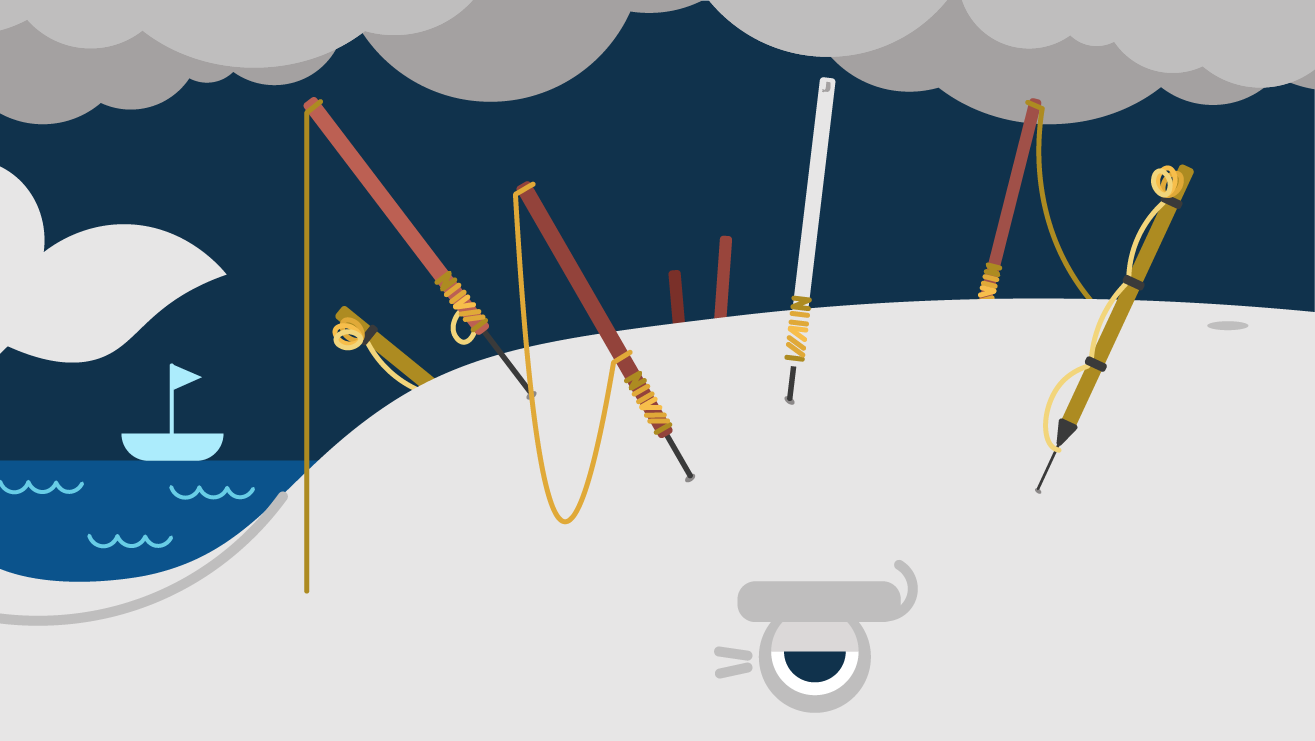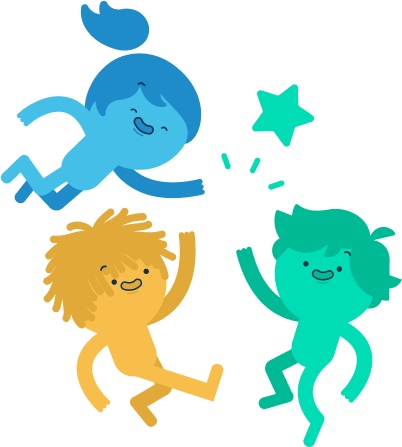This post may contain affiliate links. When you buy through links on our site, we may earn a small commission at no additional cost to you. StudySmarter aims to support independent bookshops.
(Some) Best Novels of the 20th Century
Let’s get straight into the recommendations, while accepting the impossibility of listing all the amazing books written in the twentieth century:
- Ulysses by James Joyce. Don’t even think about rolling your eyes. Ulysses may be a nightmare to read, but its literary value is indisputable. From his journey through literary styles in each chapter to elevating the stream-of-consciousness technique to the sheer number of references to art, mythology, and culture, this book remains a mystery a century after its publication. Which is precisely what Joyce wanted.
- To the Lighthouse by Virginia Woolf. It would be rude not to list her shoulder to shoulder with Joyce. A different spin on the modernist approach, this novel follows a family on their outing. One morning, as they walk towards the lighthouse, their thoughts and emotions run wild …
- The Name of the Rose by Umberto Eco. Eco plays with many tropes in this masterpiece, recreating the great novel. The story is set in an Italian abbey where a mysterious murder occurs. The protagonist, a Sherlock-Holmes-inspired monk, sets out to solve the mystery, only to find that the abbey hides many more. Full of symbolism and mind-bending twists, this novel is both difficult and delightful.
- Under the Volcano by Malcolm Lowry. On the day of the dead 1938, a drunk protagonist going by the name Firmin is trying to win his wife back. He gets slightly side-tracked by all the booze he’s ingesting while the symphony of human tragedy and farce unravels around him.
- Henderson, the Rain King by Saul Bellow. Eugene Henderson is your typical privileged white man – a millionaire with inherited wealth who never had to lift a finger in his life. Until he gets bored of that, too, and decides to go and live in Africa. When his prayers for rain are answered, Henderson fashions himself into a deity to be worshipped. Talk about voluntourism.
- The Lord of the Rings by J.R.R. Tolkien. Suspense, great characters and very detailed described cities and landscapes. If you loved the films, you should read the books. And when you want more from Middle-earth, check out The Hobbit, The Silmarillion and The Children of Húrin.
Just a few more examples of excellent novels from the last century:
- 1984 by George Orwell – although we are way past Big Brother at this point.
- In Search of Lost Time by Marcel Proust – a spectacular turn in philosophy and human perception.
- One Hundred Years of Solitude by Gabriel García Márquez – a family living isolated from the world for a hundred years plagued by its own repeated mistakes.
- The Great Gatsby by F. Scott Fitzgerald – let’s call it a tragic love story about things we cannot have.
- Wide Sargasso Sea by Jean Rhys – a postcolonial recasting of the ‘madwoman in the attic’ from Jane Eyre.
And remember, if you don’t feel like reading, you can listen to those books instead on Audible 🙂
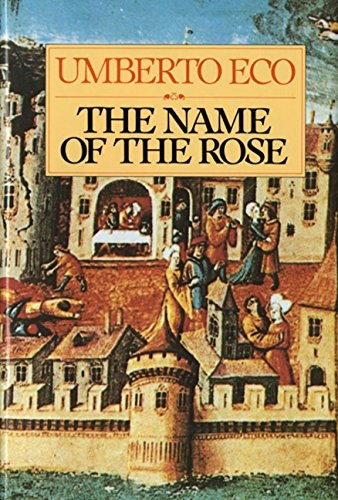
(10) Best Novels of the 21st Century
Although it’s only been two decades (and two years that seem like another two decades), the twenty-first century has produced some high-quality literature already. The top choices for the best novel prize are:
- Signs Preceding the End of the World by Yuri Herrera. Makina lives in a small village in Mexico. When a band of gangsters delivers a message (not the good kind) for her missing brother, Makina is forced to go to the US and look for him. This novel is all about crossing boundaries: national, linguistic, cultural, and familial. As the wheels turn, Makina has to grow up and grow accustomed to the idea of not coming back.
- This House of Grief by Helen Garner. Based on true events that shook Australia, Garner describes the trial of a father who drove his car into a pond, swam out, and let his sons drown. As the investigation proceeds, with authorities searching for ways to establish whether this was an accident or not, the novel paints all shades of human grief and loss.
- A Thousand Splendid Suns by Khaled Hosseini. ‘A portrait of a wounded country and a story of family and friendship, of an unforgiving time, an unlikely bond, and an indestructible love’ as hailed by critics. Mariam is set to be married to Rasheed (who is 30 years older than her), thus assigning her to the unhappy life bestowed on many women in Afghanistan. When her sister Laila joins her, the two women explore their bond against the backdrop of war, death, and frightful Taliban rule.
- Middlesex by Jeffrey Eugenides. Calliope Stephanides travels with her family from Asia Minor to Michigan in 1967, witnessing history as it takes place. In addition to global shifts, Calliope also experiences an internal struggle as she realises that Cal is the name that fits better. As the family history unravels, the great American novel is rewritten in this wondrous book about identity, personal expression, and defying societal pressures.
- Kafka on the Shore by Haruki Murakami. Master of magical realism, Murakami takes us on a metaphysical tour-de-force in this novel. It follows a boy, Kafka Tamura, as he escapes home to escape the oedipal prophecy or find his mother and sister. It also tells the story of Nakata, a man with war trauma and learning disabilities he can neither explain nor fully remember. Cats talk in this one, ghosts haunt the narrative, and fish rain from the sky as the identities of the two protagonists are revealed, and their quest to escape destiny draws to a close.
It would be a shame not to mention some of these:
- Gone Girl by Gillian Flynn – for everyone who loves a good thriller.
- Atonement by Ian McEwan – a history that isn’t all that it’s cracked up to be.
- Never Let Me Go by Kazuo Ishiguro – anything I say is a spoiler, but let’s say some things go skin-deep.
- Lamb: The Gospel According to Biff, Christ’s Childhood Pal by Christopher Moore – a humorous take on one representation of history.
- Extremely Loud & Incredibly Close by Jonathan Safran Foer – a crossover between a detective story and family drama.
Famous Novels across the Age-Divide
Looking at the list of recommendations, it’s easy to see that most of the classics are not necessarily aimed at children. That does not mean that there are no children’s classics out there. So if you’re looking for such recommendations, here they come:
10 Best (and Magical) Novels for Children
Children’s literature is kinda funky – it is the only literature that does not belong to the target group that reads it. For instance, postcolonial literature is written by people saddled by the legacy of colonialism. Women’s fiction is written largely by and for women. Children’s literature is written FOR children but BY adults, which makes it quite peculiar to work with. It’s also usually adults who choose the best novels, but ignoring what we cannot change, here are some top recommendations:
- The Harry Potter series. I shall not be disputed on this; these books have taught an entire generation how to read and have provided guidance and solace to their readers. The story about the Boy Who Lived and his magical school lives and changes with us and deserves all the love.
- Charlie and the Chocolate Factory by Roald Dahl. Charlie lives with his parents and two sets of grandparents in destitution. One day, when the mysterious Willie Wonka announces that he will let five children into his chocolate factory, even little Charlie lets his imagination run wild. But is he lucky enough to get that golden ticket? And what will happen if he does?
- A Bear Called Paddington by Michael Bond. A small bear from the Darkest Peru lands in London, looking for a scientist his family told him about. He is adopted by an English family and given the name Paddington, after the station where he is found. As you can imagine, chaos ensues.
- A Wrinkle in Time by Madeleine L’Engle. For many fantasy lovers, this book is an entry point into magic. Meg, her brother Charles, and her friend Calvin travel through time and space to find her missing father. Friendships are tested, good and evil fight their epic war, and the children grow to trust their bond and intuition as the mystery unravels with each new leap through time.
- When Life Gives You Mangoes by Kereen Getten. Clara is desperate to regain her memories of what happened to her the previous Summer during a storm. Set against the sunny beaches of the Caribbean, this book is full of mysterious twists and detective work for the protagonist searching for her past.
And a few more for younger readers:
- Pig-Heart Boy by Malorie Blackman
- How High the Moon by Karyn Parsons
- Don’t Touch My Hair! by Sharee Miller
- Freedom, We Sing by Amyra Leon and Molly Mendoza
- Charlotte’s Web by E. B. White
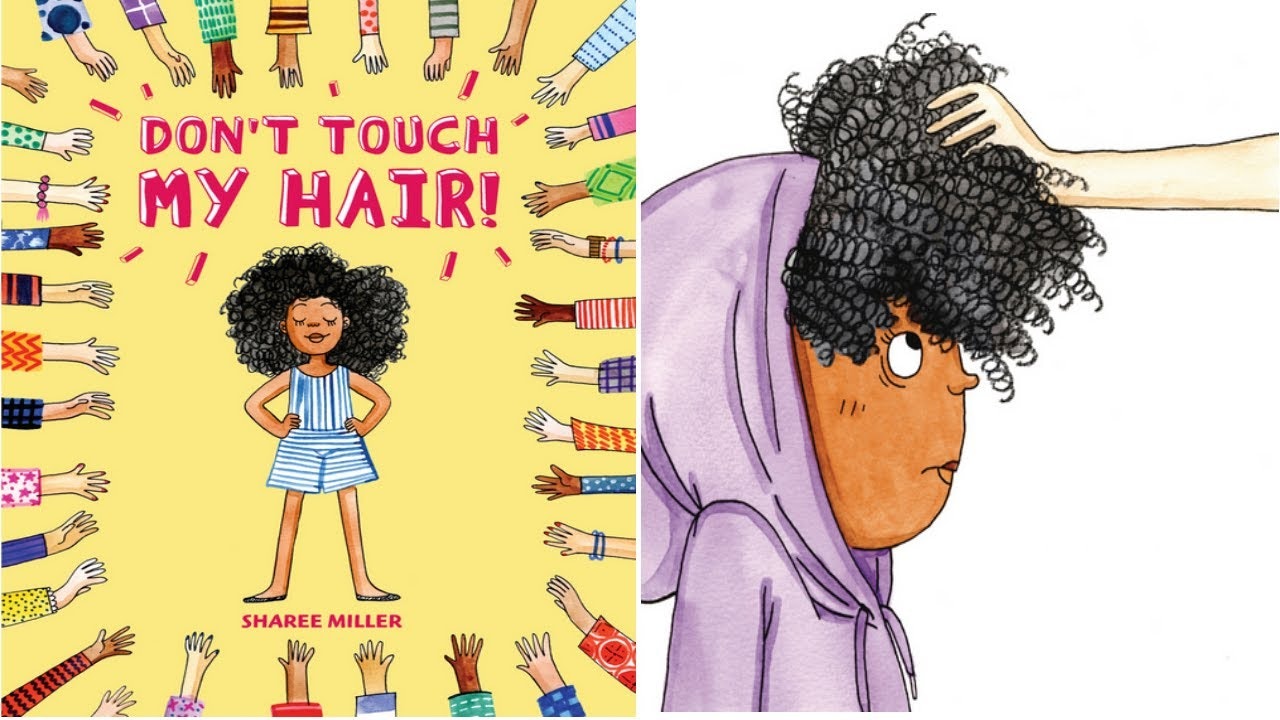
Top 10 Best Novels of All Time
While it’s a tough call to select only ten amazing books and rank them as the best novels of all time, there are a few titles that seem to appeal to everyone:
- Don Quixote by Miguel de Cervantes. Who hasn’t heard of the bumbling knight on his merry quest against windmills? Cervantes not only paints the picture of Don Quixote’s attempts at chivalry, but he also writes a love letter to a literary genre on the decline (and gives astute observations about the world in which Don lives).
- Crime and Punishment by Fyodor Dostoyevsky. Everyone loves a good murder story, especially if it’s told by the murderer himself. A troubled young man, Raskolnikov, develops a scheme to kill and rob a wealthy old lady (because that’s the easier way to live, isn’t it?). As he does so, he opens a good can of worms of bureaucracy, internal conflict, and family drama that will haunt him until he either surrenders to the police or kills himself.
- The Satanic Verses by Salman Rushdie. It is high time you found out why this book has put a price on the author’s head and recently resulted in a vicious assault. Spoiler alert, the answer is not in the book. Nevertheless, this is a monumental feat of magical realism, postcolonial literature, and a study of human nature.
- The Catcher in the Rye by J. D. Salinger. The novel follows angsty teenager Holden as he leaves the sanatorium he had been confined to because of his mental illness. As he seeks companionship, love, and himself, Holden thinks about life and his family in an unconventional and striking way.
- Invisible Man by Ralph Ellison. Just in time to celebrate Black History Month, the story follows an unnamed narrator as he travels from the American South in the 1950s. The invisibility? While heart-breaking, it works in his favour as he navigates the trenches of systemic racism and inequality in America.
- The Magic Mountain by Thomas Mann. Hailed as one of the best German books, the story follows Castorp, a young man wishing to take up shipbuilding in Hamburg. Before starting his new job, he travels to visit a cousin, but his return is delayed by his failing health. But is that really just a lung infection? The novel offers a collage of characters and types of pre-WWI social classes as Castorp comes to terms with his ailment and dreams of a better life.
- Things Fall Apart by Chinua Achebe. The world is turned upside down in this famous novel. Colonialism is questioned, traditions are upturned, and, most importantly, the Heart of Darkness is contested in Achebe’s vibrant and sharp-witted writing.
- Moby Dick by Herman Melville. The timeless tale of a whale and the captain wishing to take revenge. More than a story of madness, the greatness of this book lies in its genre-blurring modernist tendencies and the intricate tapestry of humanity.
- Slaughterhouse-Five by Kurt Vonnegut. This anti-war manifesto follows a soldier, Billy Pilgrim, as he jumps through time and space in a science-fiction WWII story world.
- To Kill a Mockingbird by Harper Lee. A murder claims the lives of two young girls from a rural town in the American South. Who is accused? A Black man, of course. Told through the eyes of a young Jean Finch as she watches her father, Atticus, the lawyer, defend the man in court, this book brought about a shift in perspective when civil rights were still under a massive question mark. An instant classic, this novel is an absolute must-read.
Naturally, this list is far from enough to represent even a fraction of the great literature of the world. Still, it’s as good of a place to start as any. Once you’re done with these, check out Toni Morrison, Honoré De Balzac, William Faulkner, Chimamanda Ngozi Adichie, and Jorge Luis Borges, and follow your literary nose!
But What Makes Books the Best Novels of All Time?
Let’s face it: if you’re looking for book suggestions – online or offline – you’re going to run into the qualifier best at one point. Best novels, best non-fiction books, best stories to read when you’re supposed to be studying – you name it. But what makes something the best of all time? Who decides what the best books are? The answer is slightly vague.
When people talk about the best books of all time, they often use the word classics. Although that doesn’t make it easier to define, there are a few deep-seated criteria that classify something as a classic:
- High artistic value. These are not your run-of-the-mill-fanfiction-turned-bestselling-novel types of books. Classics are written in a notable style (at least for the time) and are easily distinguishable. I’m not saying HIGH style because I would be lying – but notable. Let’s take Shakespeare as an example: when he wrote, his plays were considered vulgar by the elite (I mean, he has compiled a good deal of new insults), but the people loved them. The style was marked by the language, which appealed to readers, and the coverage of relevant themes.
- Themes. A book detailing the long and uneventful life of a person living in the forest is unlikely to become a classic, right? Wrong! You should check out Walden (and similar non-fiction books). It is not the man in the forest but rather the thoughts he has. If his only concern is trees, then sure, it’s dull. But if those trees are used as metaphors and allegories for human nature, society, civilisation, and time, a book has much more potential. The best themes are always concerned with human nature from one perspective or another. Love, betrayal, search for knowledge, great human tragedies, inspiring people – these are all great thematic contenders.
- Cultural contribution (and popularity). A book should speak to the moment – be it directly or indirectly. For instance, let’s talk about Tolkien – he wrote fantasy during the height of modernism. How did he succeed? For starters, he published in the children’s literature section, which was not that rich. He brought an entirely novel approach that caught the attention of people, and before you knew it, fantasy literature was a thing. Tolkien speaks of the lost mythology of the British Isles, which has always been an appealing topic, resulting in the books’ great popularity. Not to mention that he shaped the fantasy genre, and thousands of books were written in his image.
The worst I can tell you now is that ‘best books’ and classics also have that indescribable something hidden both in deft storytelling and the representation of themes and ideas. It’s that little spark that keeps you reading, either because you relate to the characters or find their ideas compelling. Such books persevere throughout history and earn their name. And such books are on our reading list today!
And Finally … Are All Best Novels Written by White Men?
To close this post off with a warning – it’s an inescapable fact that a lot of top lists are crowded by white authors. The reason behind it is simple enough – literature was written by people who had enough money to buy them time for such pursuits. Rarely did this pertain to women or people of colour. Add to that the history of colonialism that actively sought to stifle other voices, and you have a literature of silence and absence.
But no, not all great books were written by white men … but there has been a historical disadvantage for everyone else. But thankfully and finally, things are changing slowly, and in some years, we are sure to have even more classics by people of colour to help us decolonise our bookshelves!
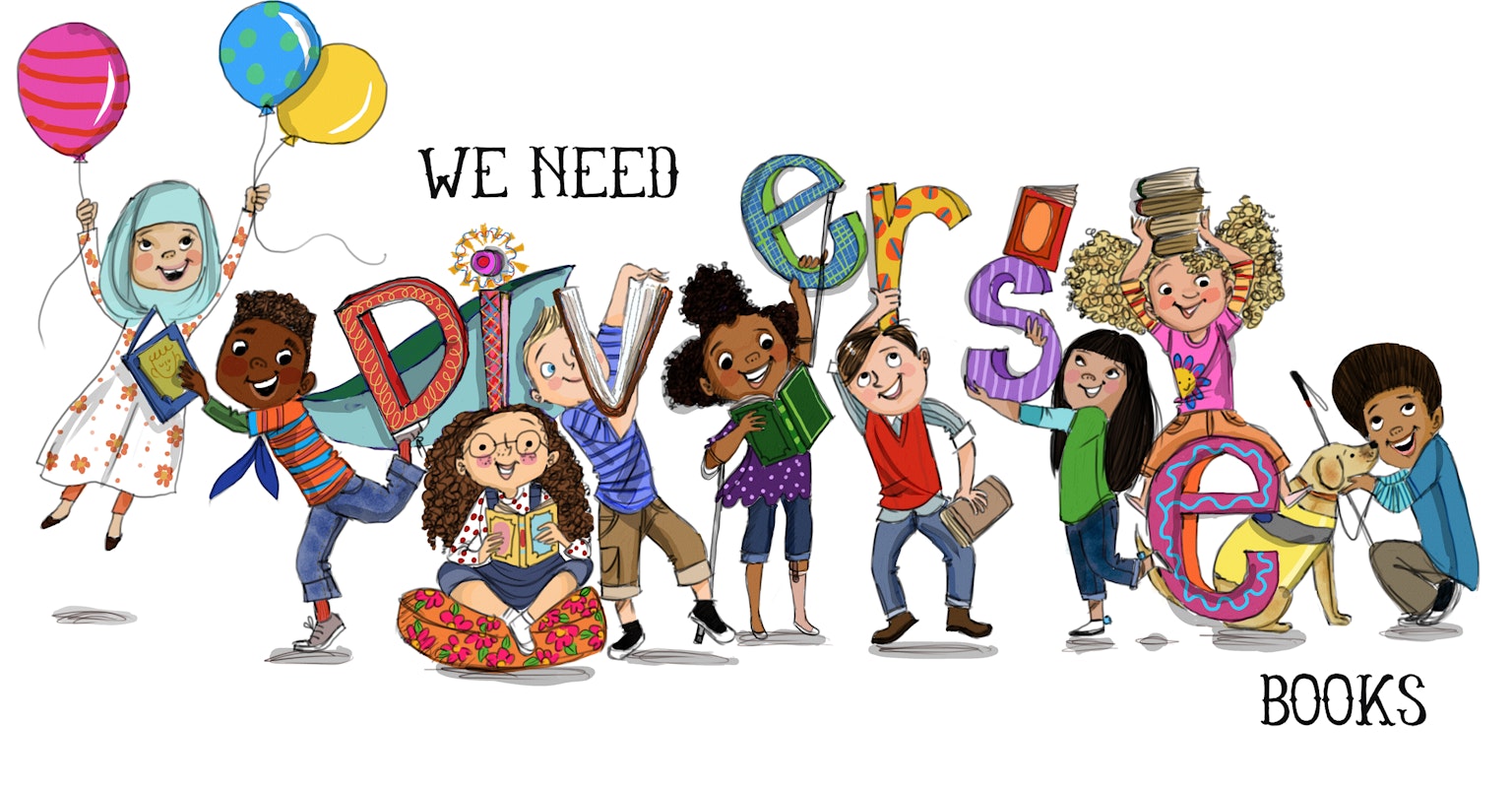
It is challenging to choose which is the best novel ever written – after all; it’s subjective. But titles like The Name of the Rose, Ulysses, As I Lay Dying, and To Kill a Mockingbird all deserve your attention.
Great novels are those that are written in a high and notable style, deal with themes that are always in-vogue (love, betrayal, human nature), and are culturally sensitised to the current moment.
Some of the best novels of all time are Signs Preceding the End of the World, Kafka on the Shore, The Magic Mountain, and The Satanic Verses.
How we ensure our content is accurate and trustworthy?
At StudySmarter, we have created a learning platform that serves millions of students. Meet the people who work hard to deliver fact based content as well as making sure it is verified.

Gabriel Freitas is an AI Engineer with a solid experience in software development, machine learning algorithms, and generative AI, including large language models’ (LLMs) applications. Graduated in Electrical Engineering at the University of São Paulo, he is currently pursuing an MSc in Computer Engineering at the University of Campinas, specializing in machine learning topics. Gabriel has a strong background in software engineering and has worked on projects involving computer vision, embedded AI, and LLM applications.
Get to know Gabriel